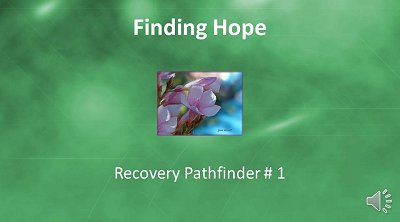Being a parent is far from easy. Especially if you are a single parent who also is in addiction recovery. Parents are balancing meetings and therapy sessions with kids’ schedules and routines. They are making all the decisions and being the breadwinner, You face loads of stress each and every day.
Stress in Addiction Recovery
Stress takes its toll on parents in addiction recovery. You need to find ways to relieve your stress in healthy ways to avoid a relapse. Our X stress relievers will help.
Stick to a Daily Routine
While it may sound impossible to establish and stick to a daily routine, you need to make every effort to do so. A routine will help you keep track of where you need to be and when, and it will set a structured schedule for your children. Schedules and routines make children feel safe and secure. And, they help you relieve stress by knowing your responsibilities ahead of time. Daily routines also signify to your kids that you are reliable and accountable. This helps repair relationships with older children who may have been hurt emotionally by your addiction.
That’s not to say that your daily routine has to be rigid. You must allow for some flexibility because rigid schedules can be too demanding and often cause more stress. Kids also enjoy surprises every once in awhile. So, allow for special events on the weekend. Plan a special treat after dinner to reward academic or behavior improvements. Be ready to change your daily routine at certain times throughout the year. Expect change when school begins or ends, when kids start athletic or music lessons or programs, or when you join a support group.
Take Care of Yourself
Parents in addiction recovery often don’t prioritize their own health and well-being because they feel guilty for being an addict. They know they impacted their children with their previous self-destructive decisions and actions. However, stress takes a tremendous toll, especially on single parents’ health and must be managed if parents will be able to take care of their children properly.
Taking care of yourself should include eating healthy, getting plenty of sleep, and exercising regularly. You can include your children in healthy eating by looking for and experimenting with recipes you find online. Cooking together teaches your children a new skill and provides you with quality time that will reduce your stress level. You also can exercise with your children. You could play football, baseball, or basketball, go for a family walk or bike ride. Try taking a hike, kayaking or fishing.
Enjoy Yourself Safely
Being a parent in addiction recovery does not mean that you cannot enjoy a night with friends or a social gathering. It is a good idea to relieve some stress and have some fun. It does, however, mean that you need to be smart about your choices and have a plan in place for maintaining your sobriety in tempting situations. If you are invited to a party that will put your sobriety at risk, take your own water or sparkling cider with you. Invite a friend who will keep you in check and who will not mind staying sober for the night with you. If you are concerned about being pressured to drink, tell people that you are a designated driver or that you don’t drink because you need to be available for your children.
It’s also a good idea to plan for a party or other tempting social situation by getting support ahead of time. If you are comfortable enough to do so, tell the party host that you are in recovery and ask whether nonalcoholic beverages will be served. You also can attend an extra meeting prior to the event or alert your sponsor to the event and make sure she will be available if you need her at the spur of the moment.
Parents in addiction recovery must manage their stress levels in healthy ways to maintain sobriety. Sticking to a daily routine, prioritizing self-care, and enjoying yourself safely are three great ways to relieve stress without putting your sobriety in jeopardy.
Blog by guest contributor, Jackie Cortez of ThePreventionCoalition.org posted for Healthvista 8-5-17
Updated for readability by Mary Knutson 5-25-20





